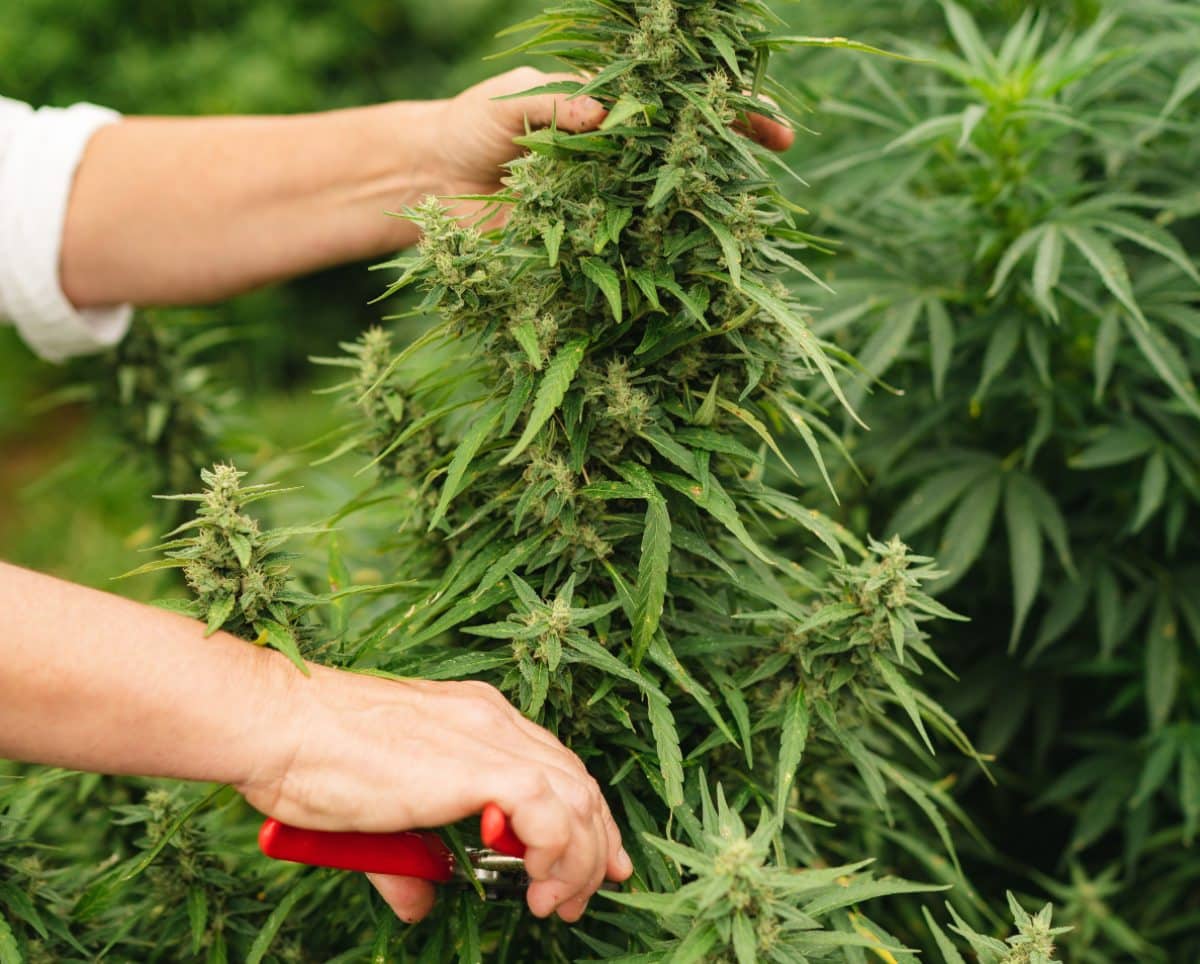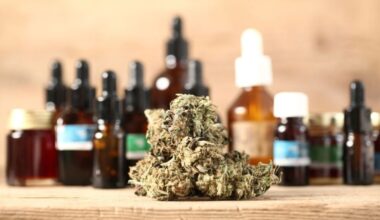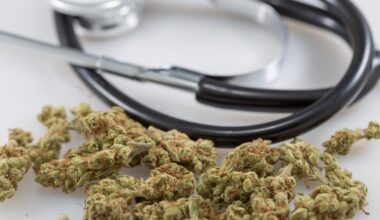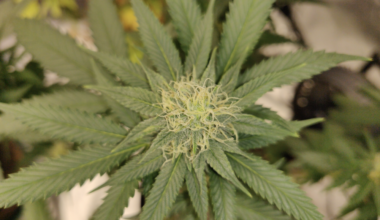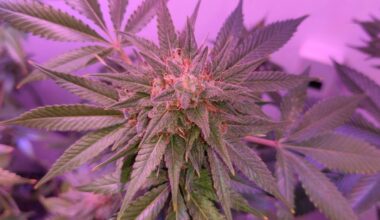The hemp industry has been the talk of the town because of its benefits, and the world is yet to unveil all the secrets of this chemical compound due to various legal restrictions. There are also news and articles that can be found anywhere about this special cannabis compound. However, information is not enough to thoroughly understand the benefits of hemp.
Many practitioners are now in favor of using organic hemp products in managing ailments, such as inflammation, arthritis, insomnia, and more. But, let’s be honest. Most of us are still in doubt when using the non-psychoactive compound of cannabis for medical purposes. In this article, we will give you a bunch of information that will help you understand what hemp is and its benefits. Read on for more details.
What Is Hemp?
Hemp is one of the various chemical compounds found in the cannabis plant. It is known as the “non-psychoactive” substance of the plant alongside tetrahydrocannabinol (THC), which gets people “high.”
It’s a bioactive compound that gives a feeling of ease and tranquillity in goods like oils and edibles. However, hemp products and organic hemp pre-rolls containing THC may be more beneficial than hemp products obtained from fiber hemp. If you reside where medical marijuana isn’t yet legal, or if certain strains aren’t accessible, you can still benefit from hemp derived from industrial hemp.
While hemp is being advocated for a wide range of health conditions, the greatest scientific evidence is its ability to treat severe pediatric epilepsy disorders like Dravet and Lennox-Gastaut, which often don’t respond to anti-seizure drugs.
Hemp has been shown in multiple trials to lessen seizures and even stop them in certain situations. Cannabis-derived Epidiolex, which includes hemp, has been authorized by the FDA to treat several disorders.
How Hemp Works
Humans have an endocannabinoid system and a structure of naturally produced cannabis-like compounds that work with hemp. Endocannabinoids help the body remain healthy by conveying signals to the body. It was also said that both hemp and THC bind to the CB1 and CB2 receptors in the endocannabinoid system, respectively.
In the human body, CB1 receptors are linked in cognition, memory, motor coordination, and sensation. These are also located in the peripheral nervous system, liver, thyroid, and uterus. Some neurotransmitters may be inhibited or boosted by THC, which interferes with the regular functioning of the body via binding to and binding to receptors.
Hemp was initially assumed to work the same way as THC, but with CB2 receptors found throughout the body, including the immunological and gastrointestinal systems and the cerebral and neurological systems. They no longer think this to be the case.
Although the specific mechanism by which hemp affects our bodies is unknown, scientists believe that hemp promotes the body to generate more of its own endocannabinoid system, which may aid in the reduction of anxiety, pain, and inflammation.
Benefits of Hemp
Hemp is being marketed as a sort of panacea, with producers saying it may help with anything from anxiety to cancer prevention. However, because cannabis is classified as a Schedule 1 narcotic in the United States, American scientists have had difficulty studying hemp, making it difficult to confirm or contradict these claims. The studies that are accessible are usually tiny, or they are conducted on animals or in labs. hemp, on the other hand, is showing promise. Early research suggests that it may assist with anxiety, schizophrenia symptoms, and pain relief.
However, the best evidence of hemp’s efficacy is in the area of epilepsy. Epidiolex, a drug used to treat Lennox-Gastaut and Dravet disorders, two uncommon and severe types of epilepsy, was authorized by the FDA in 2018. Epidiolex was authorized in 2020 to treat seizures caused by tuberous sclerosis complex. It was the first cannabis-derived medication approved by the FDA, and it has cleared the door for the development of other hemp-based pharmaceuticals to treat medical ailments.
Takeaway
Though hemp has shown various benefits in managing different situations, it still carries some risks. Dry mouth, diarrhea, loss of appetite, sleepiness, and weariness are all possible side effects of hemp. That being said, it’s always best to consult your doctor before taking any hemp products.
We hope you found a lot of value in this post!
Medical Disclaimer:
The information provided in these blog posts is intended for general informational and educational purposes only. It is not a substitute for professional medical advice, diagnosis, or treatment. Always seek the advice of your physician or other qualified healthcare provider with any questions you may have regarding a medical condition. The use of any information provided in these blog posts is solely at your own risk. The authors and the website do not recommend or endorse any specific products, treatments, or procedures mentioned. Reliance on any information in these blog posts is solely at your own discretion.
